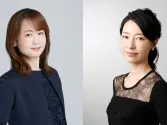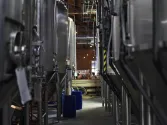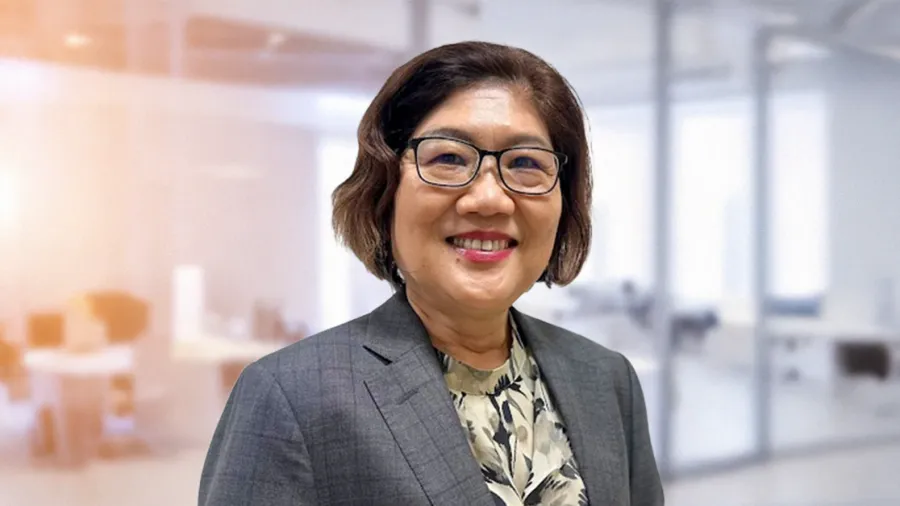
UTAR Hospital’s Ding Lay Ming pushes specialist rural care
The not-for-profit hospital's CEO wants to reach the poor whilst also serving those who can pay.
Specialist healthcare remains out of reach for many Malaysians in the countryside due to distance and infrastructure gaps. The CEO of Universiti Tunku Abdul Rahman (UTAR) Hospital is trying to bridge those gaps.
Upgrading the facility’s services requires a focus on the five M’s of management — machines, manpower, money, materials, and methods, Ding Lay Ming, CEO at UTAR Hospital, told Healthcare Asia.
Officiated by the Sultan of Perak last February, the hospital is in Kampar, Perak — an area once known for tin mining but is now sparsely populated compared with Malaysia’s urban centres. As a result, it lacks access to specialist healthcare available in major cities.
“We want to bridge this gap for those who have to travel long distances for treatment,” Ding said via Zoom. “Once secondary care is in place, we will focus on expanding the hospital’s tertiary care.”
As a 'not-for-profit' medical institution, the hospital’s $67.9m (RM300m) initial cost was funded through tree planting, charity concerts, dinners, and support from various organisations and philanthropists.
Ding said becoming self-sustaining is a necessity, though it would take time. “[The hospital] is still in its early stages,” she said. “But we will ensure we reach the less fortunate while providing services to those who can pay.”
UTAR Hospital plans to acquire a positron emission tomography (PET) scan, a medical imaging device that uses radioactive substances to measure metabolic processes in the body to assess cancer, neurological, and cardiovascular diseases.
The hospital is also setting up a nuclear medicine unit, while services for ear, nose, and throat (ENT), cardiology, and eye care are expected to be operational within the year, Ding said.
Also in the pipeline is a cath lab, where doctors perform minimally invasive tests and procedures to diagnose and treat cardiovascular conditions.
Ding, a retired Perak state health director, said sustainability lies in pioneering systems that could evolve, improve, and adapt. “People come and go, but systems remain.”
“Throughout my career, I have been deeply involved in quality initiatives,” she said. “A coordinated, systematic approach to quality improvement can significantly enhance efficiency and improve patient outcomes.”
The hospital, which plans to pursue medical research, will establish an ethics and research committee to regulate such activities, Ding said.
“Since this is a new hospital, we are establishing the necessary work processes to ensure that our clinicians have access to up-to-date knowledge and relevant medical journals,” she added..
UTAR Hospital integrates Western medicine and traditional and complementary medicine — a model that offers alternative treatments such as acupuncture and Ayurvedic therapies, alongside conventional medical care.
“A dedicated traditional and complementary medicine facility operates alongside the hospital, linked by a bridge,” Ding said.
The integrated model is particularly beneficial for Malaysia’s ageing population, she said. “When they come for traditional and complementary medicine, they may also need Western medical treatment. Our setup ensures they complement each other.”






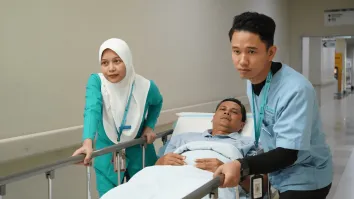







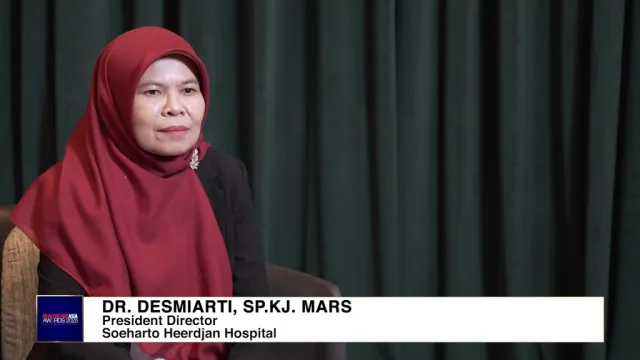
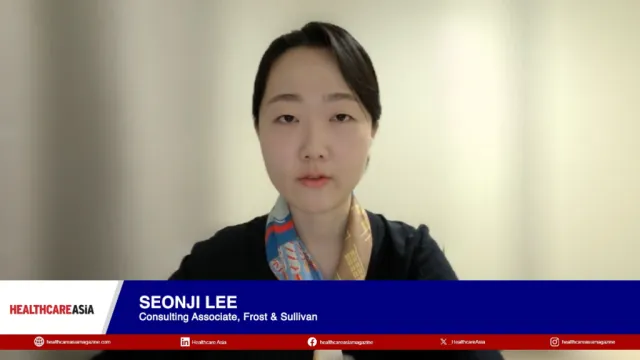
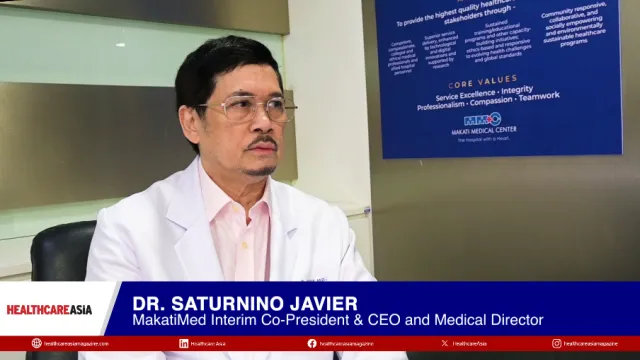
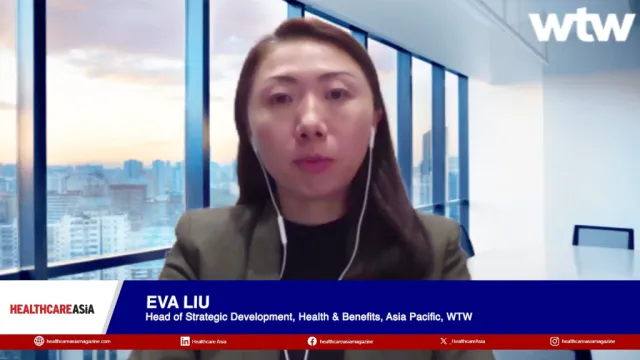

 Advertise
Advertise

